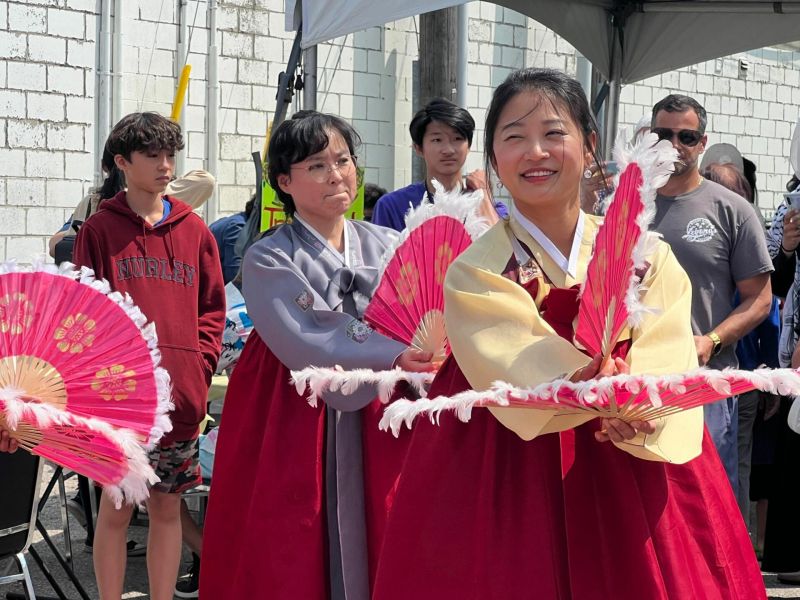New Four-Year Contract Approved With UWindsor Faculty Association
Thursday November 4th, 2021, 2:32pm
Hello time traveller!!
This article is 1414 days old.
The information listed below is likely outdated and has been preserved for archival purposes.
The University of Windsor Board of Governors has approved a new four-year collective agreement with the Windsor University Faculty Association (WUFA). The Association represents nearly 1,000 full-time and part-time faculty members, librarians, learning specialists, clinical psychologists, and coaches.
The agreement was reached between the University and WUFA October 1st, with members ratifying the new contract October 25th with 89 per cent approval. The new agreement replaces the bargaining unit’s previous collective agreement that expired on June 30th, 2021.
“The University of Windsor shares WUFA’s strong commitment to Equity, Diversity, Inclusion, and fairness,” said President and Vice-Chancellor Rob Gordon. “I want to personally thank our negotiating teams who came together to craft an innovative and forward-thinking agreement that speaks to the needs of our faculty and the university community in a way that addresses issues that are so very important to us all.”
The contract includes the introduction of a new rank to the professoriate of Teaching Intensive Faculty, providing additional flexibility to Faculties as well as a one per cent salary increase for the first three years of the contract, followed by a two per cent increase in the contract’s fourth year.
In addition, specific language regarding Equity, Diversity and Inclusion (EDI) considerations have been embedded in the collective agreement including:
- The removal of gender specific pronouns;
- The inclusion of a requirement for representation by a minimum of two genders per committee;
- A provision requiring all members of appointment committees attend EDI training;
- A requirement that equity and procedures assessors be trained in the elements of Traditional Knowledge Systems and that they receive recognition for service in this role;
- Official recognition valuing the service contributions of Black, Indigenous, and Racialized members;
- Political leave for members elected to positions in Indigenous communities;
- EDI considerations in teaching assignments;
- A Memorandum of Agreement for the establishment of a University Diversity, Indigeneity, and Anti-Racism Professional Development Fund of $50,000 for scholarship and teaching Indigeneity, and $50,000 for scholarship and teaching of anti-racist pedagogies
“I’m very pleased that through extensive, respectful dialogue and the exploration of ideas, we were able to achieve a transformational four-year collective agreement with our Faculty Association colleagues” said Rita LaCivita, University of Windsor Vice-President, Human Resources. “I am grateful for all of the hard work, dedication and commitment from both sides of the negotiating table that enabled us to make significant change and arrive at an agreement that is satisfactory both to the University and to the faculty members who are so integral to our institution”.
WUFA President Anna Lanoszka said contract language around teaching load maximums and the introduction of teaching intensive faculty positions; are particularly significant changes that allow for a more equitable and fairer workplace for all members.
“The new agreement provides for the formal recognition of the challenges facing BIPOC scholars as it values their contributions to the community,” she said.
WUFA is also pleased with the establishment of the University Diversity, Indigeneity and Anti-Racism Professional Development Fund, and points out that the new collective agreement addresses the issues of decolonization and de-gendering by introducing more inclusive language throughout its text.
As well, she says changes to language around sessional teaching are intended to address long-standing attempts by sessional members to secure full-time positions with rights and benefits.
“Overall, the new Collective Agreement strengthens the rights of our members, affords faculty members improvements that facilitate a more research-intensive environment, and it promotes better governance at the University.”
























